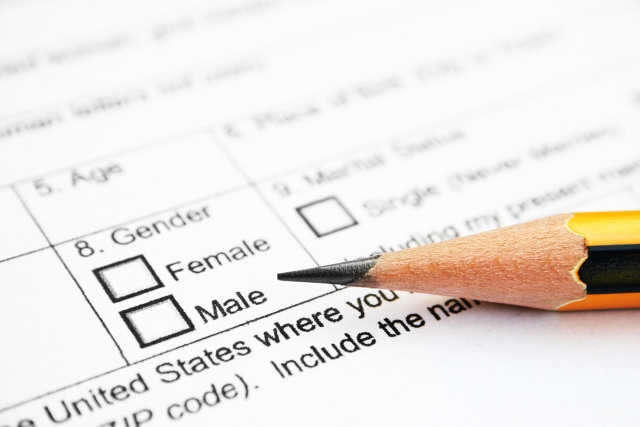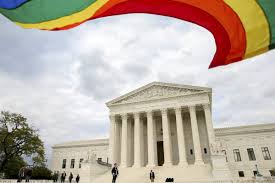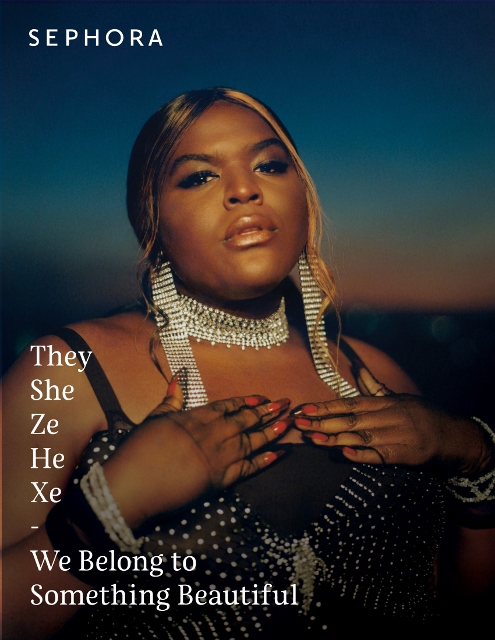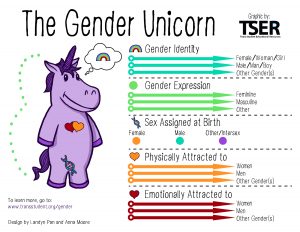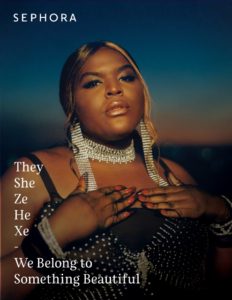 President Biden has signed an executive order prohibiting discrimination against the LGBTQ community. Behind the order lie deep tensions that are erupting in competing visions of compassion, agonizing struggles of conscience and courtroom battles across our country. (full text of the Order)
President Biden has signed an executive order prohibiting discrimination against the LGBTQ community. Behind the order lie deep tensions that are erupting in competing visions of compassion, agonizing struggles of conscience and courtroom battles across our country. (full text of the Order)
It sounds reasonable. No one should abuse LGBTQs or shame them as less than human because of their identity or sexual orientation. And no one should lightly gloss over that statement. They are made in God’s image and we should take seriously bullying that turns into battering, disgust that turns into assault, or violence triggered by “gay panic” over unwanted same-sex advances. They are not “deformed” or “diseased.” They do not “deserve to die.”
When we see LGBTQ’s through the eyes of Jesus, who loves them and gave himself for them, we see their brokenness and know that we too are sexually broken. We show them true compassion as fellow travelers–all of us needing the redeeming, restoring love and forgiveness of Christ.
But there is a difference between the compassion of Christ for sinners and the compassionate statements in President Biden’s order. To understand what is truly at stake, let’s ask some hard questions of its meaning, line by line, and look for hidden assumptions.

